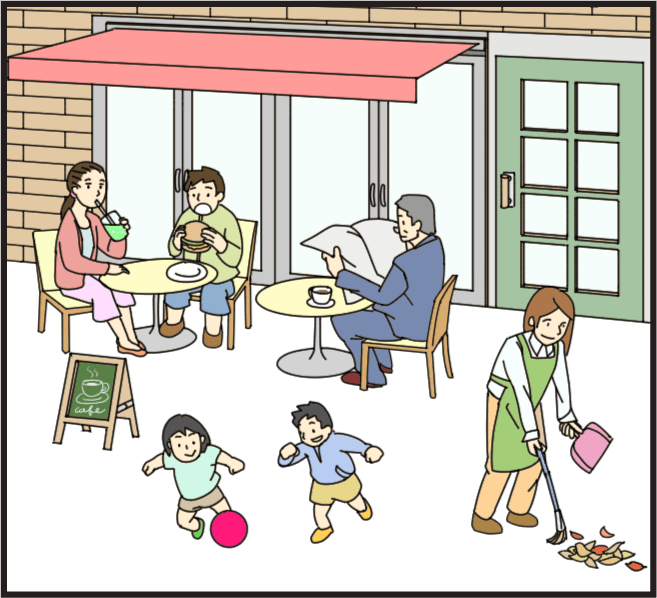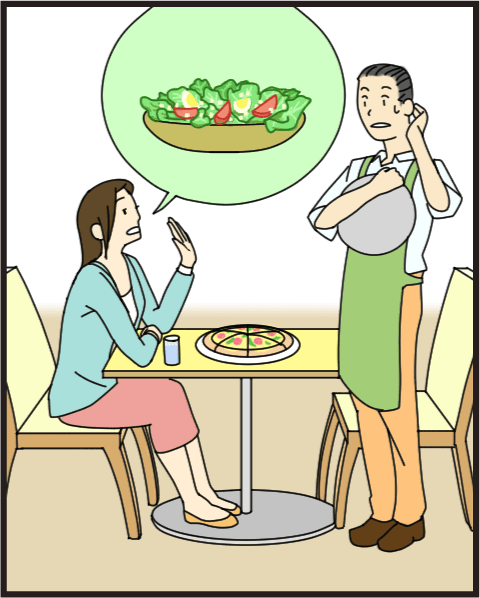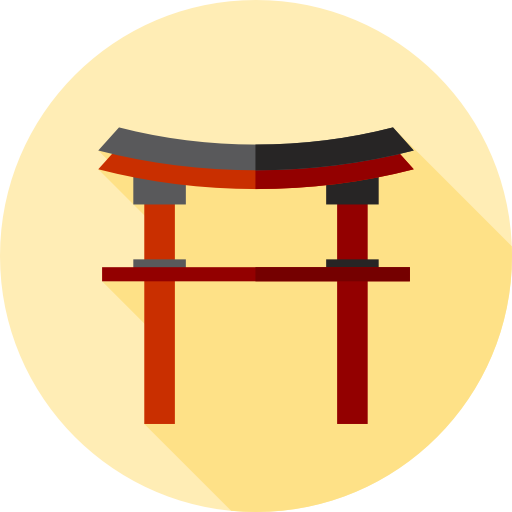PART A_1
First, I will ask you some questions about yourself. Please answer.
最初にあなたについて質問しますので、答えましょう。
PART A_2
| 1. | What is your name? |
| Answer: | |
| 2. | This lesson is for Eiken Grade 3. Are you ready? |
| Answer: | |
| 3. | How are you? |
| Answer: |
PART B_1
You will read the passage silently for 20 seconds. Then, read the passage aloud, starting from the title.
20秒で文章を黙読します。そのあと、タイトルから音読してください。
(Please send the mispronounced words and expressions to your student.)
PART B_2
Flower Shops
Flower shops sell different kinds of flowers. Each customer may choose which flowers to buy. Flowers are a great gift for friends and loved ones, so some people buy them on special days.
PART B_3
Now, let’s review some words from Part B_2.
ではいくつかの単語と文章を復習してみましょう。
(Please review the mispronounced words and expressions from Part B_2.)
PART B_4
PART C_1
We’ll read aloud the words below. Please repeat after me. I will check your pronunciation.
単語を音読します。講師に続いて読みましょう。講師は発音を確認します。
(Please send the mispronounced words and expressions to your student.)
PART C_2
| flower |
花
|
| different |
いろいろな、 異なった
|
| customer |
お客さん
|
| choose |
選ぶ
|
| great |
すてきな
|
PART C_3
Now, let’s review some words and expressions from Part C_2.
ではいくつかの単語を復習してみましょう。
(Please review the mispronounced words and expressions from Part C_2.)
PART C_4
PART D_1
We’ll read aloud the sentences. Please repeat after me. I will check your intonation.
文章を音読します。講師に続いて読みましょう。講師はイントネーションを確認します。
PART D_2
| 1. | Flower shops sell different kinds of flowers. |
| 2. | Each customer may choose which flowers to buy. |
| 3. | Flowers are a great gift for friends and loved ones, so some people buy them on special days. |
PART D_3
Now, let’s review some words and expressions from Part D_2.
ではいくつかの文章を復習してみましょう。
(Please review the sentences that need improvement in intonation from Part D_2.)
PART D_4
PART E_1
Now, please read aloud the passage again.
では、もう一度文章を音読しましょう。
PART E_2
Flower Shops
Flower shops sell different kinds of flowers. Each customer may choose which flowers to buy. Flowers are a great gift for friends and loved ones, so some people buy them on special days.
PART E_3
I will ask you a question. Please answer based on the passage.
講師が質問をします。文章をもとに答えてみましょう。
PART E_4
| Question: | Why do some people buy flowers on special days? |
| Answer: |
PART E_5
Now, let’s review your answers.
ではあなたの答えを復習してみましょう。
(Please review your student’s answer by sending the correct answer in a complete sentence. After that, ask your student to read aloud his or her corrected answer.)
PART E_6
PART F_1
Please look at the picture below. Then, I will ask you questions about it.
下記のイラストを見てください。講師が質問をします。
PART F_2

| 1. | How many customers are there in the picture? |
| Answer: | |
| 2. | What is the man going to do? |
| Answer: |
PART F_3
Now, let’s review your answers.
ではあなたの答えを復習してみましょう。
(Please review your student’s answers by sending the correct answers in complete sentences. After that, ask your student to read aloud his or her corrected answers.)
PART F_4
PART G_1
Let’s study the example below. I will read the sample question, and you will read the sample answer.
下の例を見てみましょう。講師がサンプルの質問を読むので、あなたはサンプルの答えを読みましょう。
PART G_2
| Sample Question: | What do you like to do in summer? |
|
Sample Answer:
|
I like to go to the beach. |
PART G_3
Now, I will ask you a question. I will check if your sentence is complete and if the grammar is correct.
講師が質問をしますので、自分の考えをもとに答えましょう。講師は文法と完全な文章であるかを確認します。
PART G_4
| Question: | What country do you want to visit? |
| Answer: |
PART G_5
Now, let’s review your answer. After that, please read aloud your corrected answer.
ではあなたの答えを復習してみましょう。その後、修正したあなたの答えを読んでみましょう。
(Please review your student’s answer by sending the correct answer in a complete sentence. After that, ask your student to read aloud his or her corrected answer.)
PART G_6
PART H_1
Let’s study the example below. I will read the sample question, and you will read the sample answer.
下の例を見てみましょう。講師がサンプルの質問を読むので、あなたはサンプルの答えを読みましょう。
PART H_2
| Sample Question: |
Do you like reading newspapers? If yes, please tell me more. If not, what do you like to read? |
| Sample Answer: |
Yes, I do. I read newspapers every morning with my father. No, I don’t. I like reading stories. |
PART H_3
Now, I will ask you questions. I will check if your sentences are complete and if the grammar is correct.
講師が質問をしますので、自分の考えをもとに答えましょう。講師は文法と完全な文章であるかを確認します。
PART H_4
| 1. | Do you play video games? |
| Answer: |
| 2. |
If yes, please tell me more. If not, what do you like to play? |
| Answer: |
PART H_5
Now, let’s review your answers. After that, please read aloud your corrected answers.
ではあなたの答えを復習してみましょう。その後、修正したあなたの答えを読んでみましょう。
(Please review your student’s answers by sending the correct answers in complete sentences. After that, ask your student to read aloud his or her corrected answers.)
PART H_6
PART I_1
Now, let’s have a free talk about the following topics.
以下のトピックについてフリートークをしましょう。
(Please do a free talk if you have time left.)
PART I_2
When do you usually go to a flower shop?
What gifts do you buy for your friends or family?
PART I_3






































